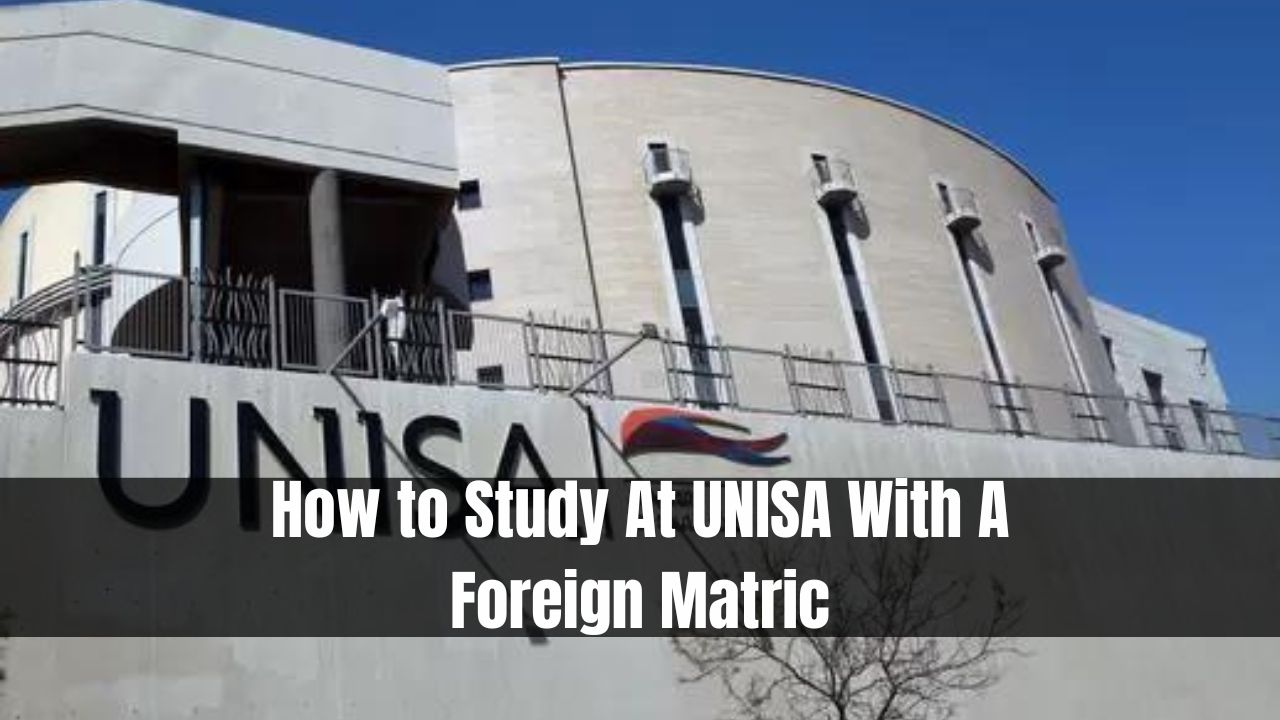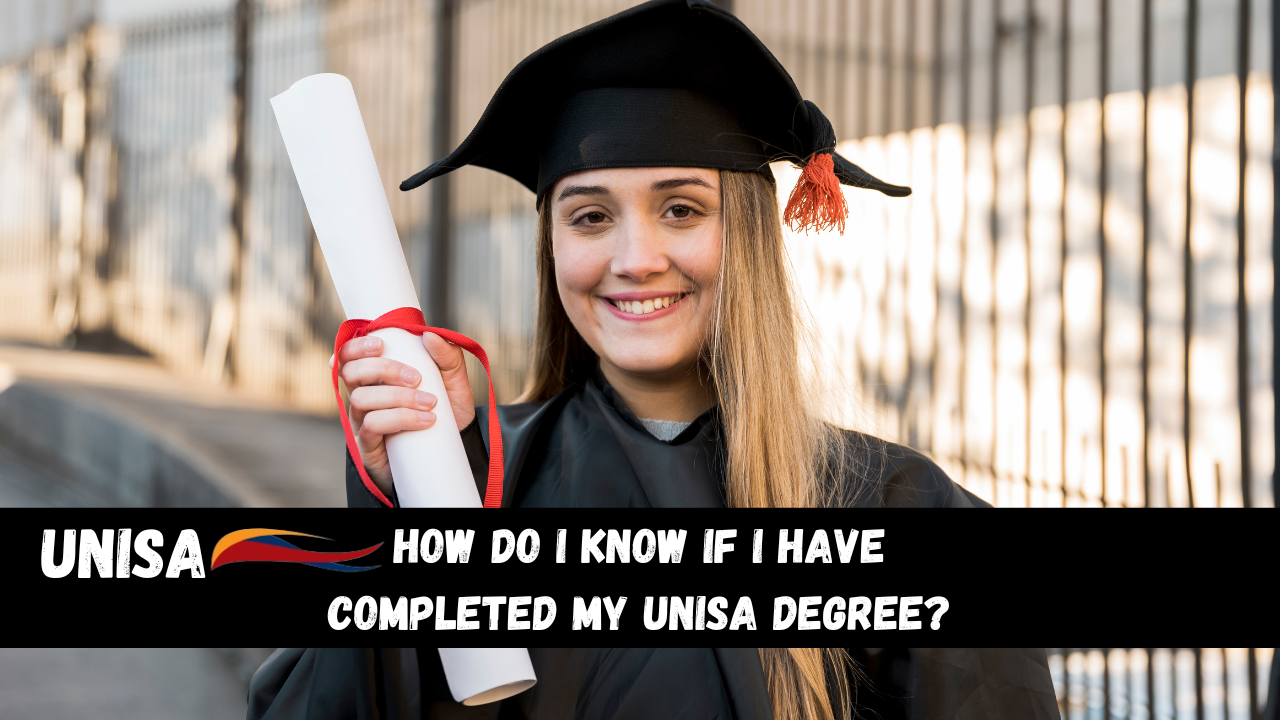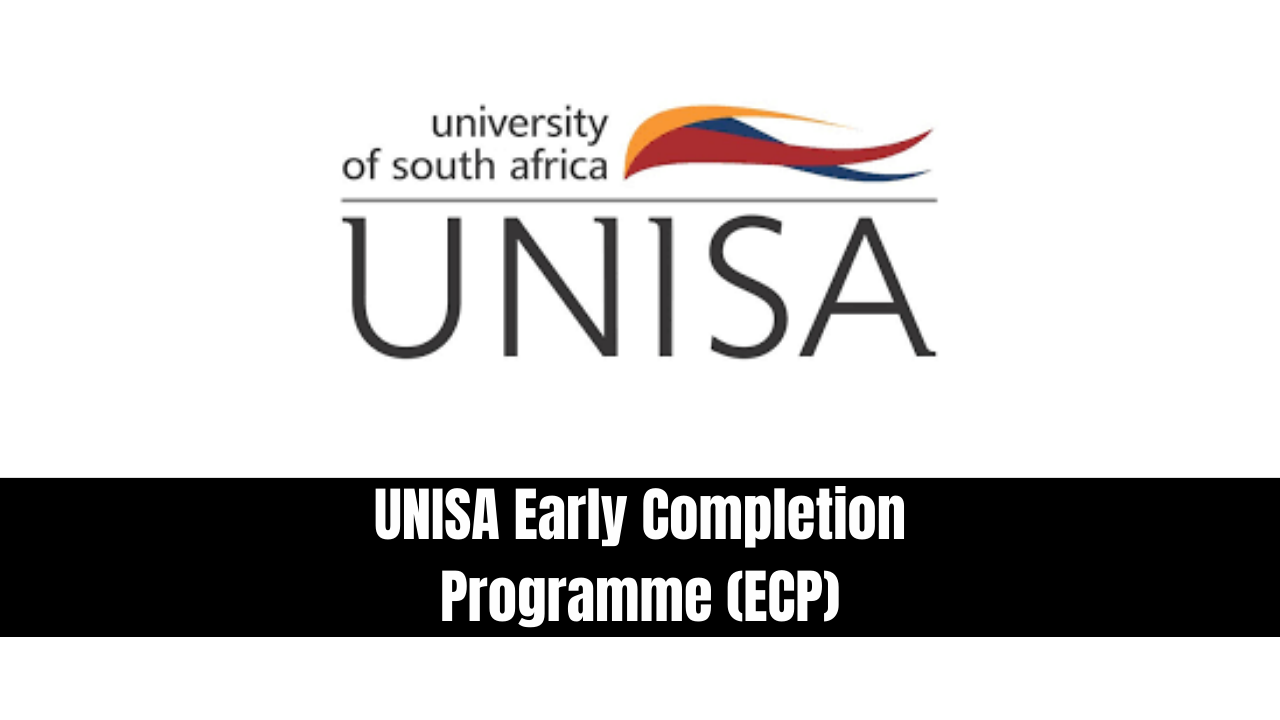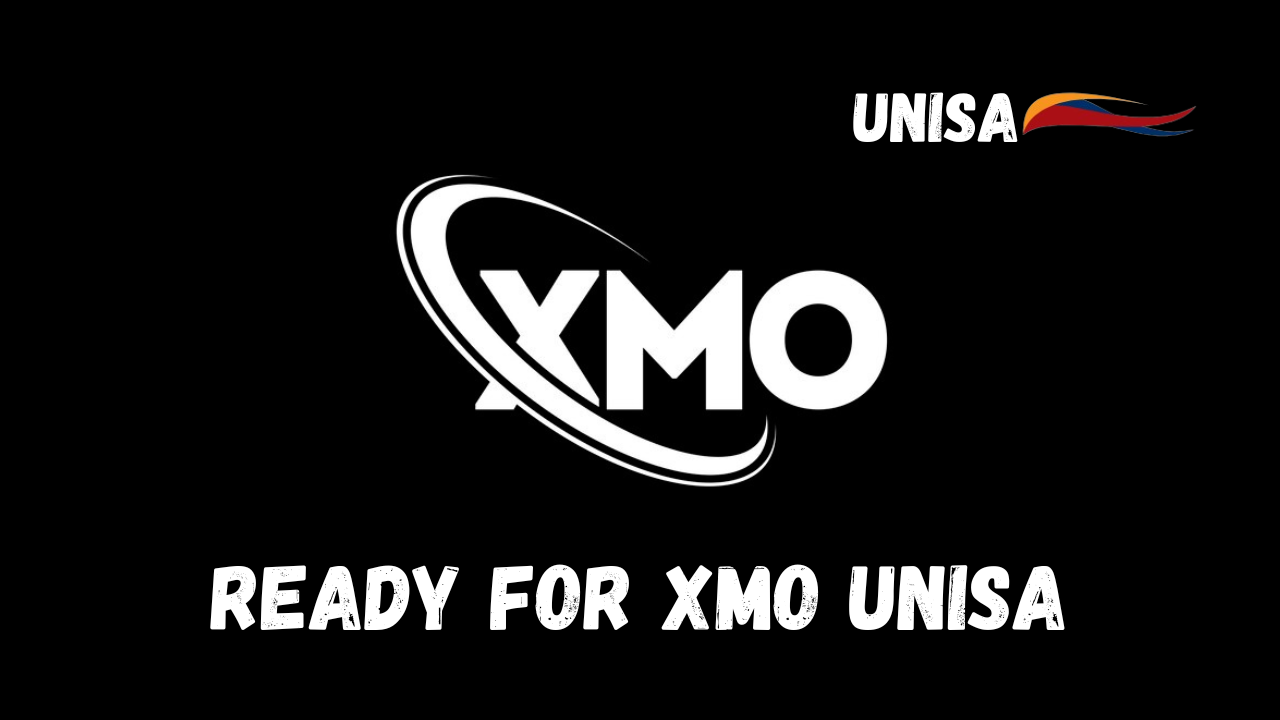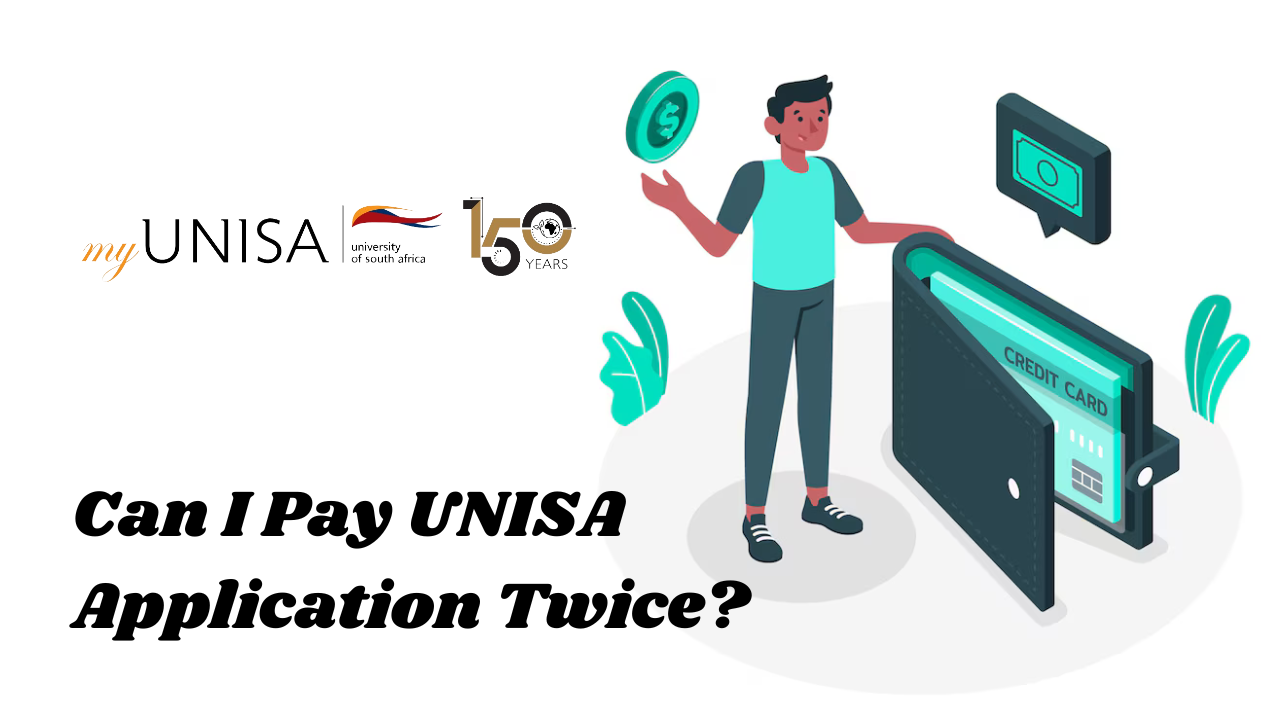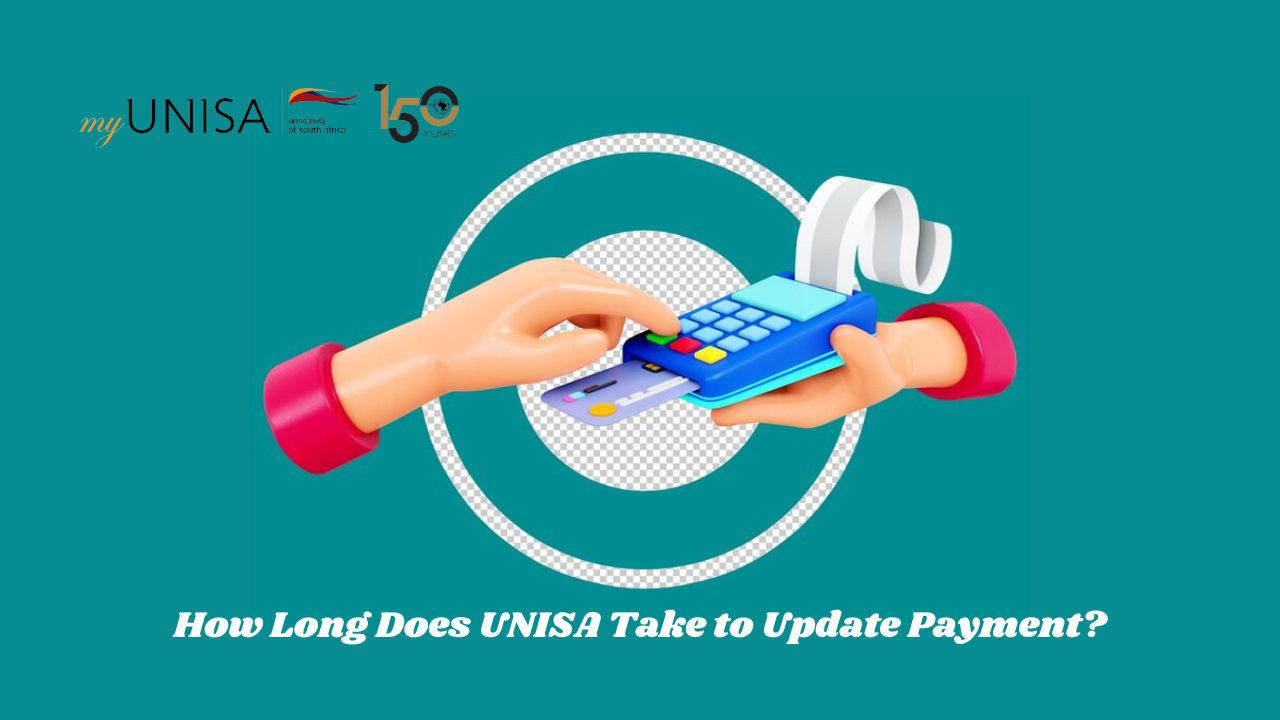How to Study At UNISA With A Foreign Matric. The University of South Africa (UNISA) has been at the forefront of innovation in addressing contemporary educational challenges since its establishment. In alignment with its mission, UNISA has consistently sought ways to make education accessible, especially for those unable to attend physical classrooms.
Inclusivity for Diverse Students
UNISA commitment to inclusivity has extended to welcoming foreign students. Recognizing the diverse backgrounds of individuals worldwide aspiring to join UNISA, the institution has proactively addressed challenges related to factors such as disability, work commitments, and geographical location.
Accommodating Foreign Students
UNISA has undertaken strategic measures to accommodate foreign students, ensuring they receive necessary support and encounter streamlined systems for their studies. The institution has expanded its course offerings to attract a broader range of students, particularly those from foreign countries.
UNISA with a Foreign Matric
For individuals with foreign matriculation certificates seeking to study at UNISA, a specific application process tailored for international students is in place. The university may classify such applicants as international students and may require adherence to distinct application procedures.
Requirements for Foreigners Studying at UNISA
To facilitate the entry of foreign students, UNISA has established specific requirements, including:
- A recognized qualification from the applicant’s institution.
- Demonstration of English proficiency through recognized exams like TOEFL and IELTS.
- Submission of academic history, transcripts, and completed application forms.
- Possession of a valid passport.
- Obtaining a Studies Visa from the South African embassy in the applicant’s home country.
- Mandatory health insurance, either national or private.
Matric Studies for Foreigners in South Africa
Foreigners interested in studying matric in South Africa have the liberty to do so. The South African educational system allows foreigners to register, prepare for exams, and undergo final assessments to attain matriculation.
Bursaries for Foreigners in South Africa
While bursaries for foreigners may not be as prevalent as those for South African citizens, opportunities exist for international students to receive financial assistance. Notable examples include the Mukuru Bursary, demonstrating South Africa’s dedication to fostering inclusivity and supporting the educational aspirations of foreign students.
Application Process for Foreigners
Applying for tertiary education in South Africa as a foreigner involves several steps:
- Research universities in South Africa.
- Align degree choice with career goals and personal qualifications.
- Review international admission requirements, including academic transcripts, language proficiency tests, and financial capability documentation.
- Visit the official website of the chosen university and navigate to the international admissions section.
- Create an online application account, providing accurate personal and academic details.
- Gather required documents, such as certificates, transcripts, passport-size pictures, a valid passport, evidence of language proficiency, a statement of purpose, and recommendation letters if needed.
- Pay the non-refundable application fee online.
- Upload all necessary documents and submit the application online.
- Await the university’s admission office to review the application, understanding that the process may take a few weeks.
Conclusion
UNISA’s commitment to inclusivity for diverse students, including those with foreign matriculation, reflects its dedication to accessible education. The application process and available opportunities underscore South Africa’s commitment to fostering a globally diverse academic landscape.
